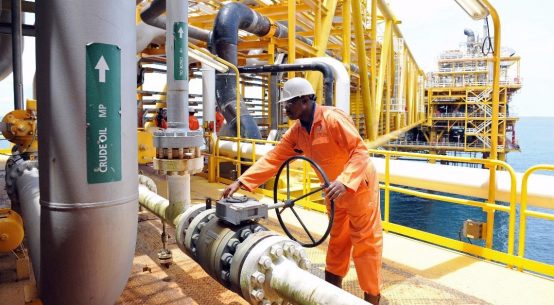
Honda Motor’s logo is seen on Civic sedan car at its showroom in Tokyo, Japan October 4, 2017. REUTERS/Kim Kyung-Hoon
TOKYO (Reuters) – Honda Motor Co plans to end production at its Sayama plant in Japan by 2022, cutting domestic capacity by around 24 percent as it shifts focus to electric cars (EVs) and other new technologies.
The automaker has seen stagnant domestic sales and said on Wednesday it was streamlining its Japanese operations as it takes a more nimble approach to development and manufacturing in the face of fierce competition from carmakers and technology companies to make EVs and self-driving cars.
“As we focus more on adopting electrification and other new technologies, we want to hone our vehicle manufacturing expertise in Japan and expand it globally,” CEO Takahiro Hachigo told a press conference.

Hachigo has been trying to revive a culture of innovation at Japan’s No. 3 automaker, after a number of major product recalls in recent years as well as lackluster product offerings, partly because it focused so much on increasing volumes and profit.
Honda said it would end production at the ageing Sayama plant in Saitama Prefecture north of Tokyo, consolidating output at its Yorii plant in the same prefecture by the end of the 2022 financial year. Most workers currently at Sayama would be transferred to the Yorii facility, it said.
The move would cut overall domestic annual production capacity to around 810,000 units, the same as Honda’s current output levels, which are around 76 percent of its current production capacity of 1.06 million vehicles.
“Domestic sales haven’t increased as much as we were expecting and it has become difficult to boost exports,” Hachigo said.
Following consolidation, Honda said the Yorii plant will produce EVs and serve as a major center for developing manufacturing technology for electric cars. It will also produce other vehicles including larger-sized global models.
While the automaker cuts capacity at home, it plans to open a new plant by 2019 in China, where it has seen explosive growth. Overall, global annual production would remain largely unchanged at around 5.06 million units, it said.
Honda has struggled to expand sales at home in the past few years, facing stiff competition from popular offerings including Toyota Motor Corp’s Prius gasoline hybrid and Nissan Motor Co.’s Note compact hatchback.
In the year ended March, it sold 668,000 units domestically, almost the same as in the previous year.
With an annual production capacity of 250,000 units, the Sayama plant opened in 1964 and is one of Honda’s oldest plants, producing the Accord sedan, the CR-V SUV crossover and other models.
The Yorii plant began production in 2013 and also has an annual production capacity of 250,000 units. Its output includes the Fit compact hatchback and the Civic sedan.
Hachigo also said he was confident Honda was following proper procedures for final vehicle inspection for the Japanese market.
He said the company was complying with a request from Japan’s transport ministry for inspection records after Nissan said on Monday it would recall 1.2 million vehicles due to procedural irregularities with its final inspection processes.








